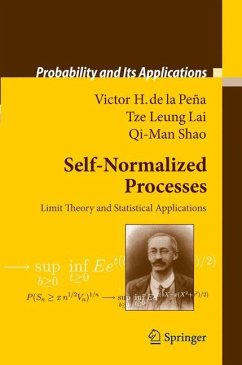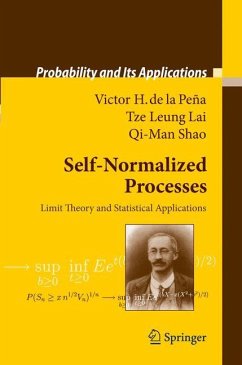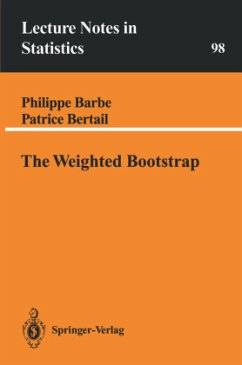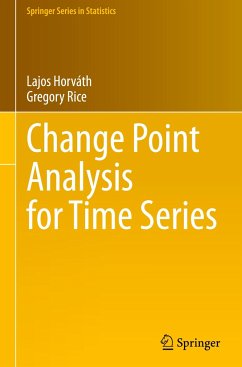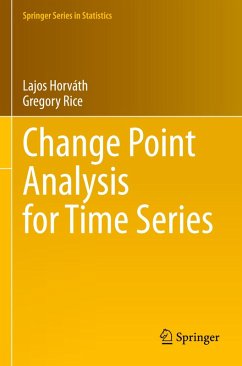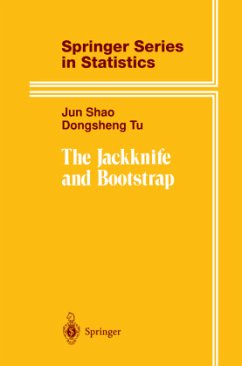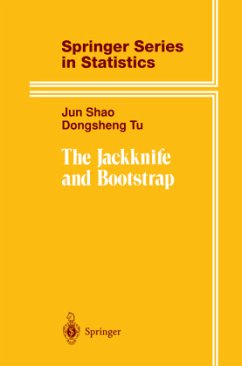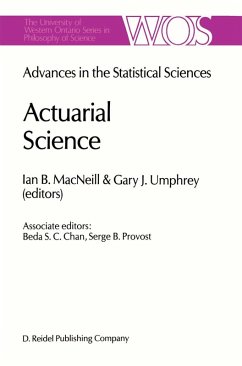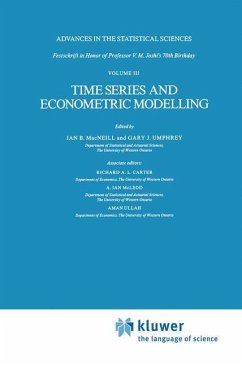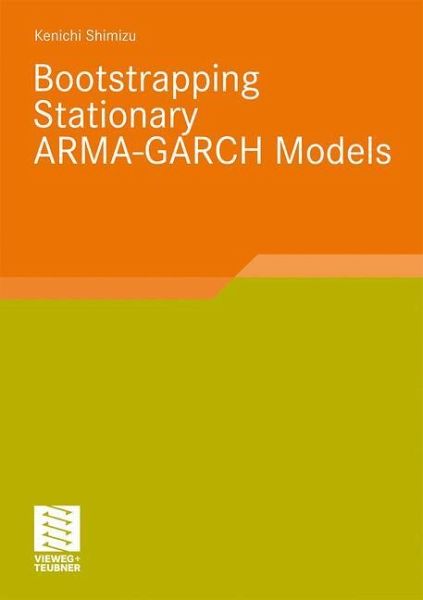
Bootstrapping Stationary ARMA-GARCH Models

PAYBACK Punkte
0 °P sammeln!
Bootstrap technique is a useful tool for assessing uncertainty in statistical estimation and thus it is widely applied for risk management. Bootstrap is without doubt a promising technique, however, it is not applicable to all time series models. A wrong application could lead to a false decision to take too much risk.Kenichi Shimizu investigates the limit of the two standard bootstrap techniques, the residual and the wild bootstrap, when these are applied to the conditionally heteroscedastic models, such as the ARCH and GARCH models. The author shows that the wild bootstrap usually does not w...
Bootstrap technique is a useful tool for assessing uncertainty in statistical estimation and thus it is widely applied for risk management. Bootstrap is without doubt a promising technique, however, it is not applicable to all time series models. A wrong application could lead to a false decision to take too much risk.
Kenichi Shimizu investigates the limit of the two standard bootstrap techniques, the residual and the wild bootstrap, when these are applied to the conditionally heteroscedastic models, such as the ARCH and GARCH models. The author shows that the wild bootstrap usually does not work well when one estimates conditional heteroscedasticity of Engle's ARCH or Bollerslev's GARCH models while the residual bootstrap works without problems. Simulation studies from the application of the proposed bootstrap methods are demonstrated together with the theoretical investigation.
Kenichi Shimizu investigates the limit of the two standard bootstrap techniques, the residual and the wild bootstrap, when these are applied to the conditionally heteroscedastic models, such as the ARCH and GARCH models. The author shows that the wild bootstrap usually does not work well when one estimates conditional heteroscedasticity of Engle's ARCH or Bollerslev's GARCH models while the residual bootstrap works without problems. Simulation studies from the application of the proposed bootstrap methods are demonstrated together with the theoretical investigation.





